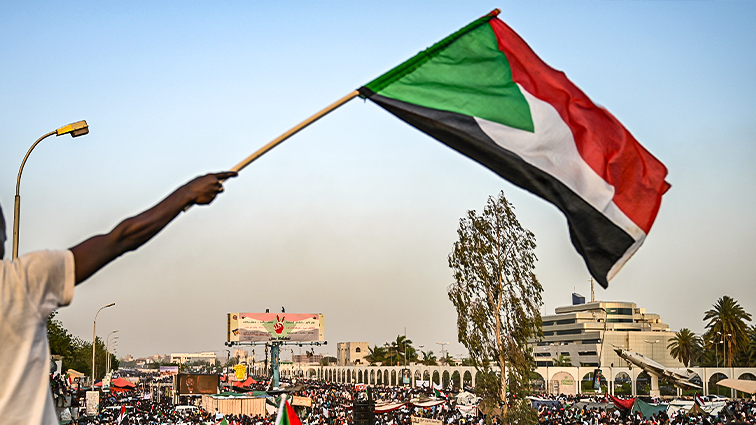South Sudan’s government is facing a severe financial crisis due to a drop in oil revenues, the country’s main source of revenue.
The crisis has delayed the payment of salaries to security forces for more than nine months, prompting some soldiers to seek side jobs or leave their jobs.
The delay in salaries has led to protests in the capital, Juba, where employees are not showing up for work, leaving many ministries and government offices empty during working hours, and these protests are expected to expand in the coming days.
In an attempt to address the crisis, South Sudan’s Council of Ministers approved a draft budget for the 2024-2025 fiscal year, which focuses on paying salaries to civil servants and military personnel and reducing travel allowances.
The draft budget aims to accelerate economic recovery, improve livelihoods, support peace, and invest in social services and agriculture.
The budget is estimated at 4.2 trillion South Sudanese pounds, with a deficit of 1.9 trillion pounds, equivalent to 45% of the proposed spending.
The government plans to reduce this deficit by resuming oil exports, reorganizing exchange rates, resorting to grants and loans, and reducing capital spending and official travel abroad.
It is worth noting that the country’s economic crisis has been exacerbated by the ongoing conflict in neighboring Sudan, which has negatively affected oil revenues and economic cooperation between the two countries.
South Sudan is ruled by a transitional government established after a 2018 peace agreement between President Salva Kiir, opposition leader Riek Machar and other political figures.
Hamdok heads a delegation from “Coordination of Civil Democratic Forces” to Juba to discuss ceasefire in Sudan
